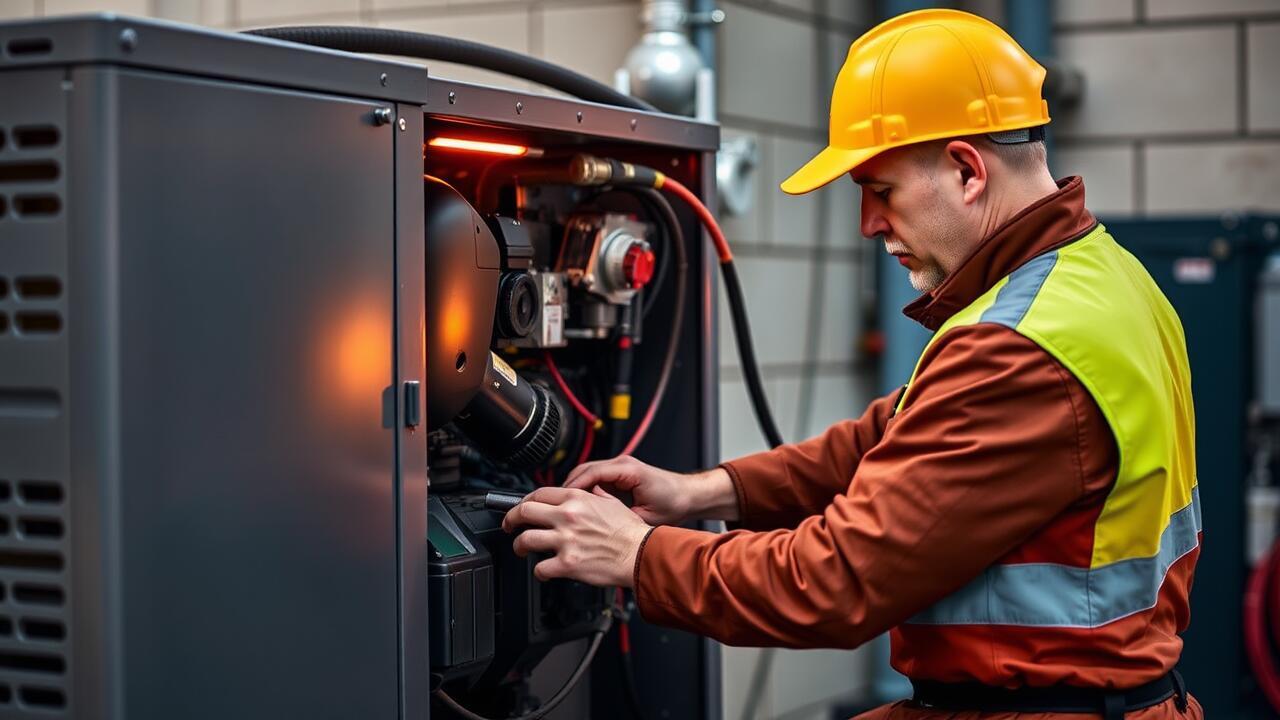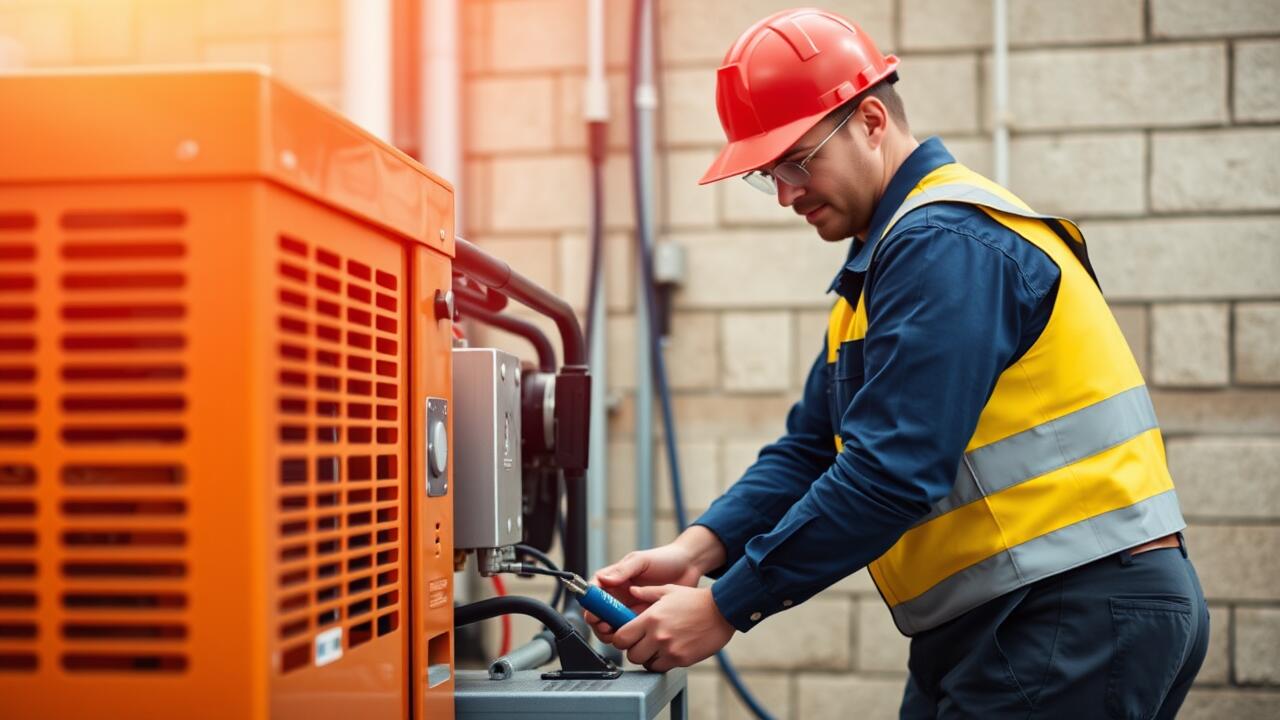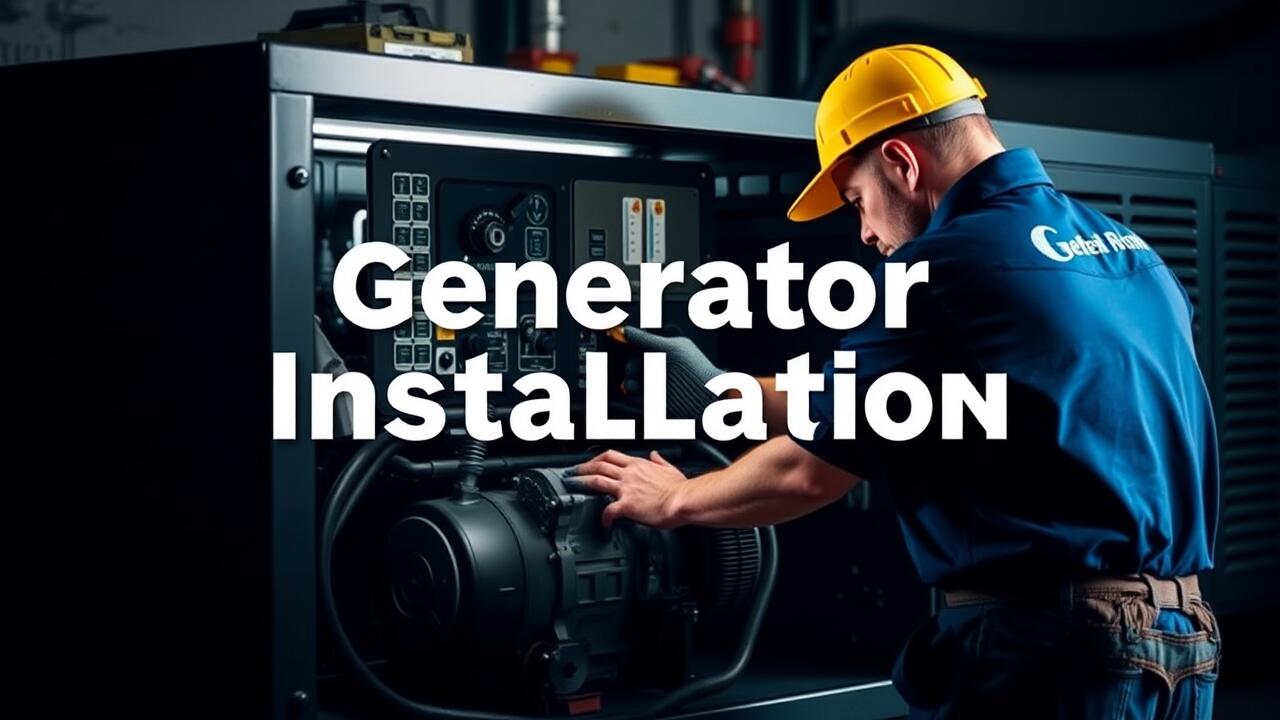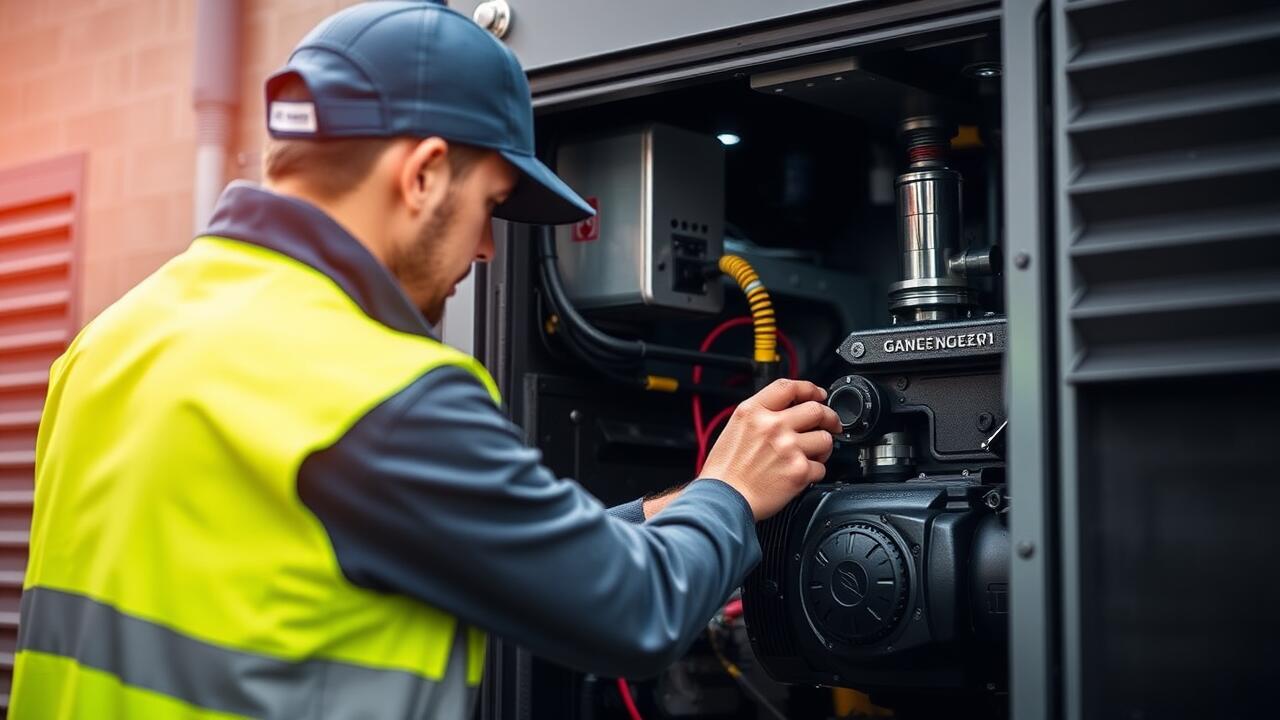
Risks of Operating Without a Permit
Operating a portable generator without a permit in Texas can lead to significant risks. First, local jurisdictions often have regulations that determine how generators should be installed and maintained to ensure public safety. Ignoring these guidelines may expose individuals to hazards such as carbon monoxide poisoning or fire risks. It’s crucial for users to recognize that an unpermitted installation might not only compromise safety but also violate local laws.
Furthermore, individuals who choose to forgo obtaining a permit may face potential legal consequences. Authorities have the right to issue fines or other penalties for noncompliance, especially in cases where the generator poses a risk to neighbors or the community. When looking for a solution, searching for “Generator Installation near me” can help identify licensed professionals familiar with local regulations to ensure that the installation is safe and compliant.
Potential Legal Consequences
Operating a portable generator without the necessary permits in Texas can lead to serious legal repercussions. Local authorities may impose fines that can range significantly based on the severity of the infraction. Additionally, there may be requirements to dismantle the generator setup, which can result in further expense and inconvenience for the owner. Homeowners might also find it challenging to secure insurance coverage for any damages or injuries incurred due to operating an unpermitted generator.
In some instances, the lack of a permit could lead to liability issues in the event of an accident or property damage. If a neighbor sustains damage as a result of improper generator use, the generator owner may be held responsible. This situation underscores the importance of understanding local regulations before proceeding with any installation. For those seeking guidance on compliance, searching for "Generator Installation near me" can provide access to professionals who can assist in navigating permit requirements effectively.
How to Apply for a Permit
Applying for a permit to operate a portable generator in Texas typically involves several straightforward steps. First, check with your local government’s planning or building department to understand specific requirements. They often provide guidelines and necessary forms on their website. These may include details about your generator's specifications, intended use, and site location. Online resources can be particularly useful for finding information about "Generator Installation near me."
After gathering the required information, complete the application form accurately. Ensure all documents, such as proof of ownership, installation plans, and necessary fees, are included. Submit your application for review. In some cases, inspections may be required before approval is granted. It is essential to stay informed about the status of your application and be prepared to address any additional questions or requirements from local authorities.
Step-by-Step Process
Applying for a permit to operate a portable generator in Texas involves several straightforward steps. First, identify your local permitting authority by searching for "Generator Installation near me" to find relevant resources in your area. Gather necessary documentation, including plans for installation, equipment specifications, and any required fees. It is essential to ensure that all information is accurate and complete to avoid delays in processing.
Once you have prepared your documents, submit your application to the designated office. This may be done online or in person, depending on your locality. After submission, you might need to wait for an inspection of your installation site. The permitting authority may provide feedback or request additional information during this phase. Stay attentive to any correspondence to ensure a smooth permitting process.
Temporary vs. Permanent Installations
When it comes to generator installations, understanding the distinction between temporary and permanent setups is essential. Temporary installations, often used for events or emergency power, usually have fewer regulatory hurdles. In many cases, users can operate portable generators without the need for extensive permitting unless local ordinances specify otherwise. This flexibility allows for quick deployment in various situations, making it appealing for short-term needs.
On the other hand, permanent installations require a more rigorous permitting process due to the ongoing nature of their use. These setups often involve more significant considerations, such as safety standards and compliance with building codes. Homeowners interested in long-term solutions should look for "Generator Installation near me" to ensure they follow the necessary local regulations and obtain the correct permits for their new systems.
Differences in Permit Needs
The need for a permit for a portable generator can differ based on whether the installation is temporary or permanent. Temporary installations often occur during emergency situations or for short-term events. In many areas, these types of setups may not require a permit or have simplified requirements, allowing homeowners to address their immediate power needs more quickly. Searching for "Generator Installation near me" can help locate professionals who understand local regulations regarding temporary use.
In contrast, permanent installations usually have more stringent requirements. These generators are often connected directly to the home’s electrical system and may impact local utilities. For such installations, securing the appropriate permits is typically necessary to ensure compliance with electrical codes and local ordinances. Homeowners planning a permanent generator installation should consult with local authorities and electrical contractors to navigate the permitting process efficiently.
FAQS
Do I need a permit to operate a portable generator in Texas?
Yes, in many cases, a permit is required for operating a portable generator, depending on your local regulations and the intended use of the generator.
What are the risks of operating a generator without a permit?
Operating a generator without a permit can lead to legal consequences, including fines, penalties, and potential liability for damages or injuries caused by improper use.
How can I apply for a permit for my portable generator?
You can apply for a permit by contacting your local government office or building department. They can provide you with the necessary forms and guidelines for your specific area.
What is the difference between temporary and permanent installations regarding permits?
Temporary installations, such as using a portable generator for a short period during a power outage, may have different permit requirements compared to permanent installations, which typically require a more extensive permitting process.
Are there any exceptions to the permit requirement for portable generators in Texas?
Some local jurisdictions may have specific exemptions or streamlined processes for small-scale or emergency use of portable generators, so it's important to check with your local authorities for any applicable exceptions.


